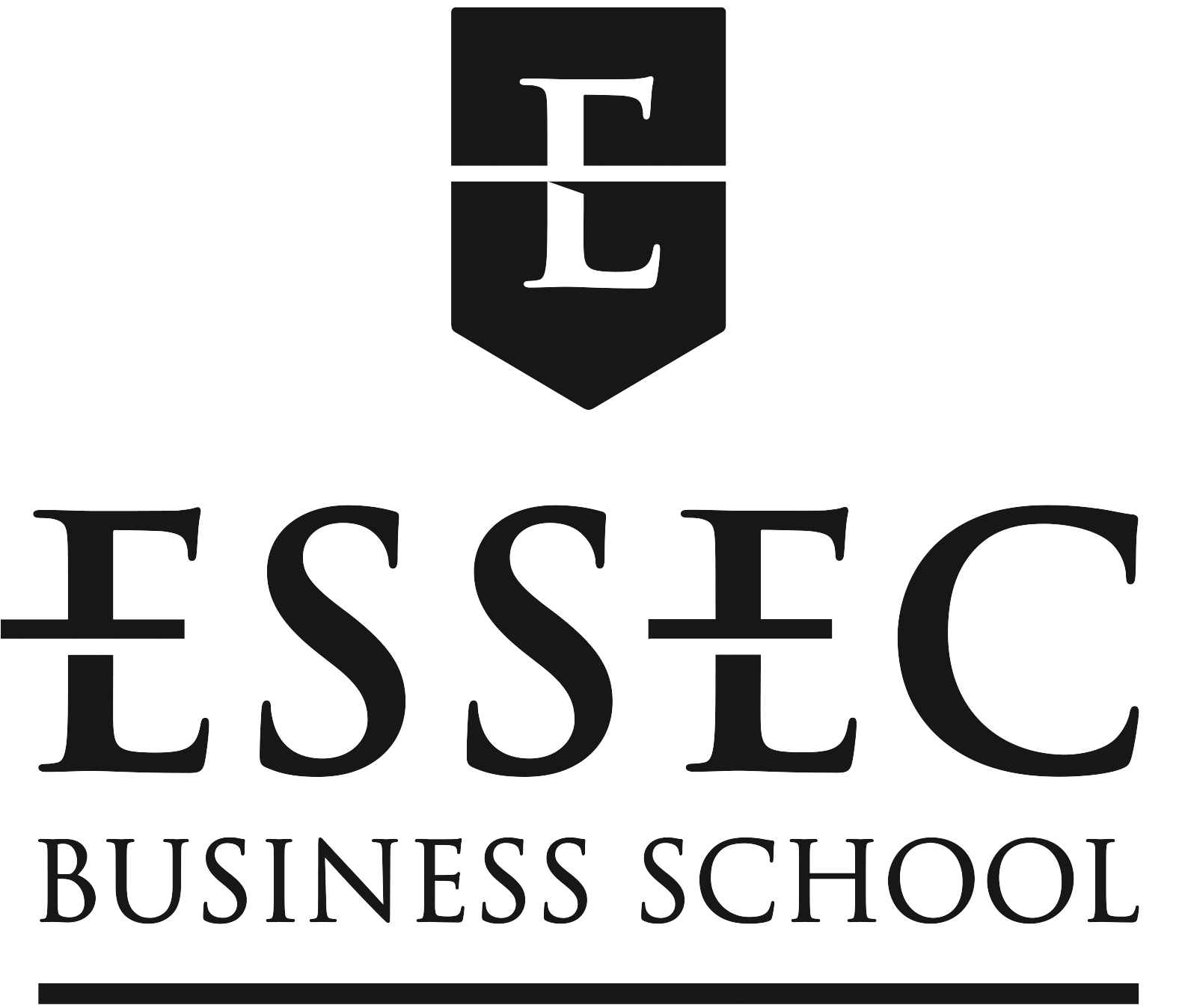- Indian students select the ESSEC Master in Finance program for its unique learning by doing pedagogy.
- Internship opportunities help students gain the experience needed for the job search.
- ESSEC Business School’s reputation, alumni network, and extensive career services benefit the job search.
Intense competition in the finance job market means having a relevant qualification is often insufficient. To differentiate oneself and stand out, one must demonstrate that one can go beyond textbook knowledge and apply what they have learned in a far more complex and unpredictable real-world setting.
Aditya Athawal shares that this is what the ESSEC Master in Finance (MiF) program trained him to do.
Aditya entered the MiF program in 2021, hoping that the qualification would help him reach his goals of working in asset management. Having freshly completed his economics degree at Fergusson College in India the year before, he immediately saw the difference in ESSEC’s pedagogy.
A Focus on Applied Learning
For one thing, the coursework relies heavily on real-world examples and case studies, which Aditya notes would prepare him to apply his theoretical knowledge in the workplace.
His classmate, Navin Bajaj, who entered the MiF program to hone his fixed-income analyst skills, agrees. Having had prior working as an analyst at Citibank in India, Navin found the coursework extremely relevant to his career aspirations.
Aditya observes that this learning by doing pedagogy also translated into a different assessment method.
“From as early as the first assessment, I realized I was being graded based on my abilities and understanding, not the amount of information I could hold in memory—which was something my previous schools had prioritized,” he explains.
“I have always felt that knowledge should be measured not by how much you know, but what you can do with what you know, and the MiF program embodies this perfectly.”
Opportunities for Real-world Experience
Aditya and Navin share that it was also an advantage that ESSEC requires MiF students to complete a mandatory internship as part of their study.
This allowed Adityay to spend eight months working for the social e-commerce firm Supernova. There, he assisted the Financial Planning and Analysis (FP&A) team with budget preparation and financial reporting, supported the finance team in identifying brands for acquisition, and even led two company-wide projects to reduce cost and boost efficiency.
On the other hand, Navin spent his time interning at financial services firm Aditya Birla Capita and global investment banking firm Jefferies—and, like Aditya, gradually built his portfolio in preparation for the full-time job search.
Rigorous Training for the Job Search
Significantly, despite the pandemic pressures and Aditya had little to no prior finance experience, securing an internship was relatively smooth.
“I’ve never had to explain the status of the school or the quality of education,” Aditya recalls. “Simply being part of such a coveted program enhanced my credibility as a promising finance professional.”
Being part of the ESSEC community also gave them access to the vast alumni network, and “I found I could contact various alumni for advice when approaching my interviews,” Navin said.
The two add that credit is also due to the ESSEC Career Services for helping students refine their resumes and hone their interview skills, as well as for arranging a large number of guest talks and networking events, which enhanced Aditya’s understanding of the finance industry, and helped Navin secure an interview.
“On a personal level, I also found that the networking sessions helped me overcome my introverted tendencies and form new connections with finance professionals, which I believe will be helpful to me in the future,” Aditya muses.
Midway through his MiF journey, he reflects that the program can be intense. “Persevere and make the most of all the opportunities offered,” he advises. Because of the program’s industry-focused training, it is an investment likely to pay off.
RELATED POSTS
How is Learning Different at ESSEC APAC: According to SMIB Students
ESSEC Master in Strategy & Management of International Business students weigh the differences between a master’s program and their undergraduate…
Building Global Citizens at the ESSEC GBBA Program
How the ESSEC Global BBA program ensures graduates have the cultural and social awareness to thrive in the global world.
Why Experienced Professionals Choose the MiF Program at ESSEC Asia-Pacific
Master in Finance students from the class of 2023-2024 share how the program offers them an advantage.
The Best of East and West: Three Reasons Why SMIB Students Choose ESSEC APAC
Master in Strategy and Management of International Business students share the rationale for studying in a French school in Singapore.
Why Global Talents Call Singapore Home
Learn how Singapore’s strategic location, economic strength, and cultural blend, along with its investment-friendly policies, have made it a central…
Why Study in Singapore at ESSEC APAC
Find out why Singapore attracts international students with its top-notch infrastructure, strategic location, and strong economy, making it an…







